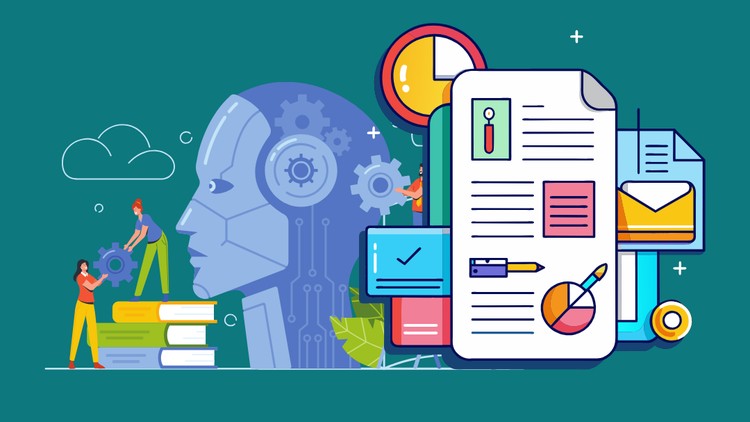
Learn how to design, compile and deliver the Process Definition Document – the most crucial document in any RPA project.
What you will learn
What RPA (Robotic Process Automation) is
What a Process Definition Document (PDD) is
How to build out a PDD with confidence
What to include within a PDD
What best practice looks like when constructing the PDD
How to set up the next stage of your RPA project successfully
How to present key information to developers successfully
What constitutes a process RPA could assist with
How to compile requirements, process maps and directions for the RPA work into one place
Key considerations such as owner, management of the document and version control
Why take this course?
Many RPA/Automation courses focus on the technical – how to build actual bots or automated solutions. This series of courses focuses on how to manage this work – a vital skill often lacking in businesses today.
In this course, you are going to learn about the Process Definition Document (PDD). This is the most crucial document in any RPA project. It is the document that brings together all of the key strands of the project into one place. Much of the work that has been done previously will be compiled here, and presented in a way developers can digest. To successfully deliver an RPA project, a strong, clear and confident PDD is absolutely vital.
In the course, we will cover the following:
– What is RPA and how to define a process.
– What a PDD is – its features, sections and purpose.
– How to build out a PDD.
– How to pull together the process maps, business requirements and scope definitions into one format which developers can use to build the RPA solution.
Getting this document right is crucial, and that includes understanding the right way to present all of the information. As we run through the course, we will do so using a scenario example, case studies and practical exercises, all to ensure you know practically how to build out a PDD, and can try it out for yourself.